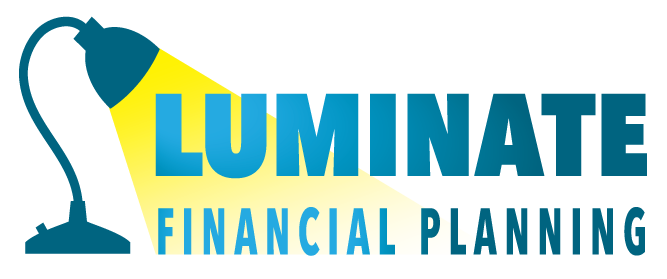Your Budget = Your Priorities
Be honest: what do you think when you hear the word budget? If you are like most people, maybe you think about spreadsheets and restrictions and self-denial and past failed attempts at reigning in your Amazon purchases.
A spending plan instead of a budget
Well, first, let's call it a "spending plan", not a budget. Semantics, I know, but putting it in terms of spending puts you in the right mindset. A budget is really just a plan for how you will spend your money. In some cases, it's how you will spend your money this week or month. In the case of savings, it's just money you are setting aside now for spending later. It's not a plan to hoard the biggest pile of money you can by the time you die. It's a plan for how you will spend your money now and in the future.
It’s a Map of Your Priorities
Budgeting at its most basic level is about priorities. A budget is nothing more and nothing less than a map of your priorities. Show me your budget and you'll show me your priorities. Once you are clear on your priorities, values, and what's most important to you, you have a guide (and permission) to cut costs mercilessly on the things that aren't important to you, and to spend lavishly on the things you love.
Let's say you are like most people and you don't have enough money (enough income) to cover all that you want to spend it on. A budget is still enormously helpful! It simply allows you to make the best use of the funds you do have, again, lining up your planned spending with your priorities. Your money is finite. That's a fact. It still helps you to map your money to your priorities (even if it's not as much as you would like it to be).
Maybe for you, the hard part is that you don't really know what your priorities are. Have you put serious thought into your priorities? The truth is that most people are too busy living their lives to take the time to figure out their true priorities. Life gets in the way!
Be clear on what your priorities are
One fun way to start thinking about your values and priorities is to do a "trade offs" exercise. I'm a big fan of the website Think 2 Perform. They provide a set of value "cards" online for you to shuffle through and make choices, trade offs and comparisons. It starts out easy (who doesn't value "health, happiness and helping others"?), but as you progress, the trade offs get harder and harder. The end result is a small set of values that are most important to you. This is your starting place for building your budget!
Now, take that set of priorities and make sure your plan for spending resonates with the values you just determined. If one of your top values is spending time with family then you might consider setting aside money for family vacations and trips. If one your top priorities is education and personal growth, you might start a “continuing education” fund. If your family values giving and charitable causes, make sure there’s room in the spending plan to support causes you care about. In any case, the end result is an experience of serene confidence, knowing that your money is doing exactly what it should be doing! It's a great feeling.
Want to learn more about priorities, budgets, and spending plans? Reach out and set up a free consultation. There's nothing I love more than helping people align their values and their money.
Disclaimer: This article is provided for general information and illustration purposes only. Nothing contained in the material constitutes tax advice, a recommendation for purchase or sale of any security, or investment advisory services. I encourage you to consult a financial planner, accountant, and/or legal counsel for advice specific to your situation. Reproduction of this material is prohibited without written permission from Alyssa Lum, and all rights are reserved. Read the full Disclaimer.
